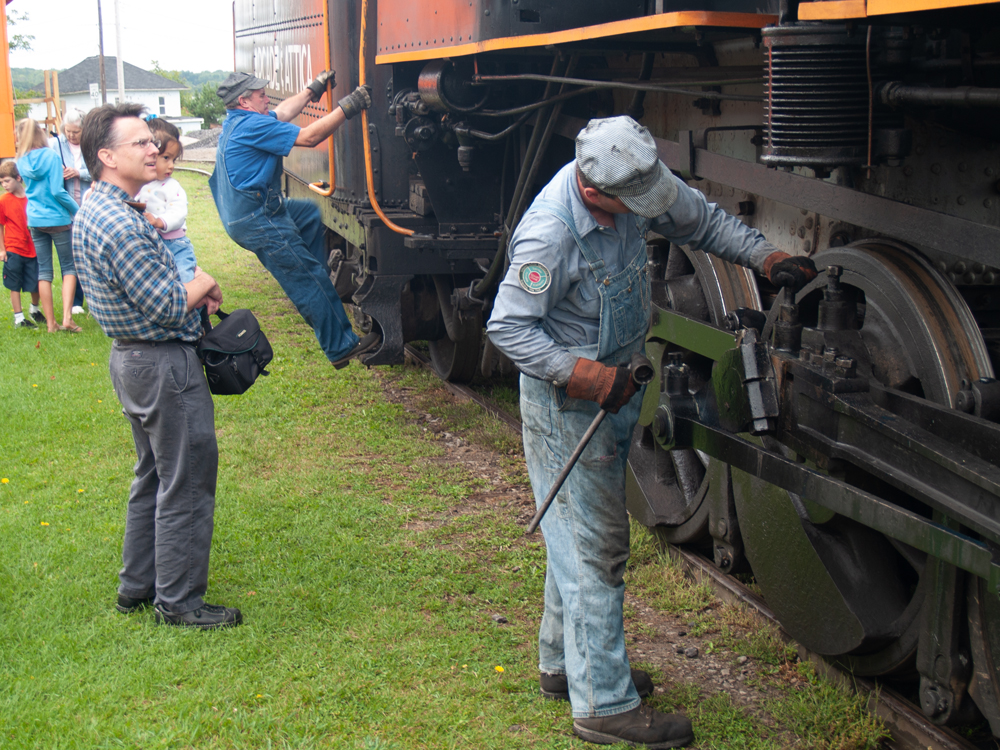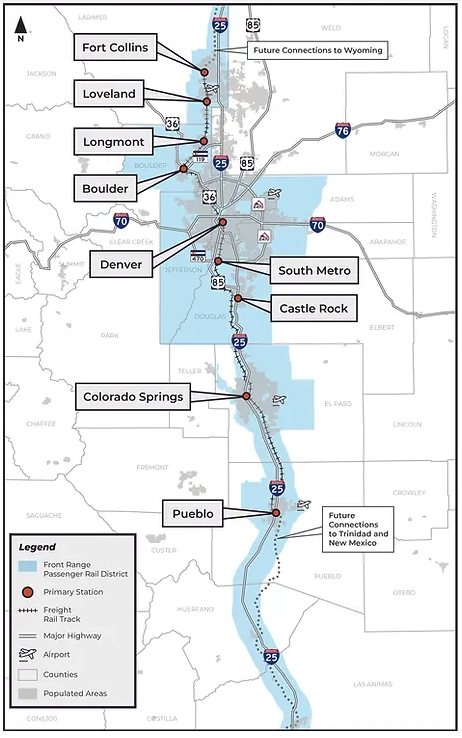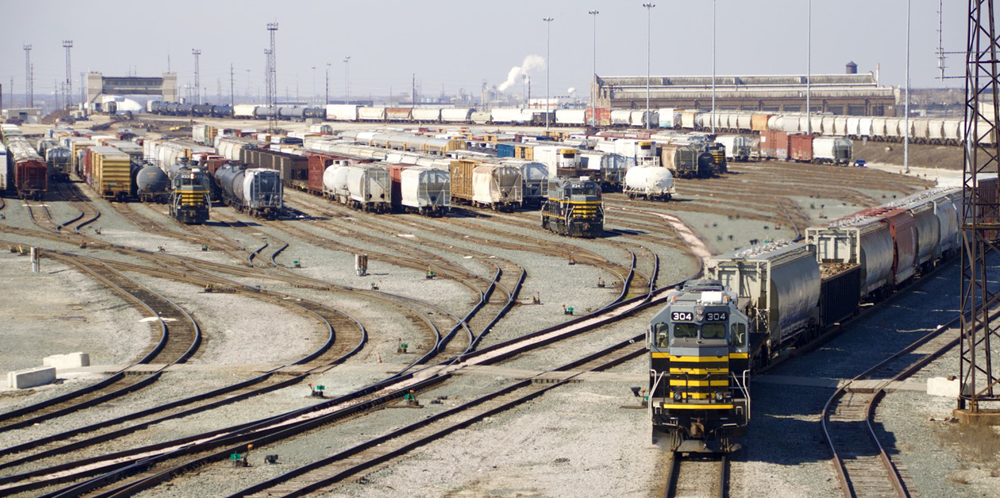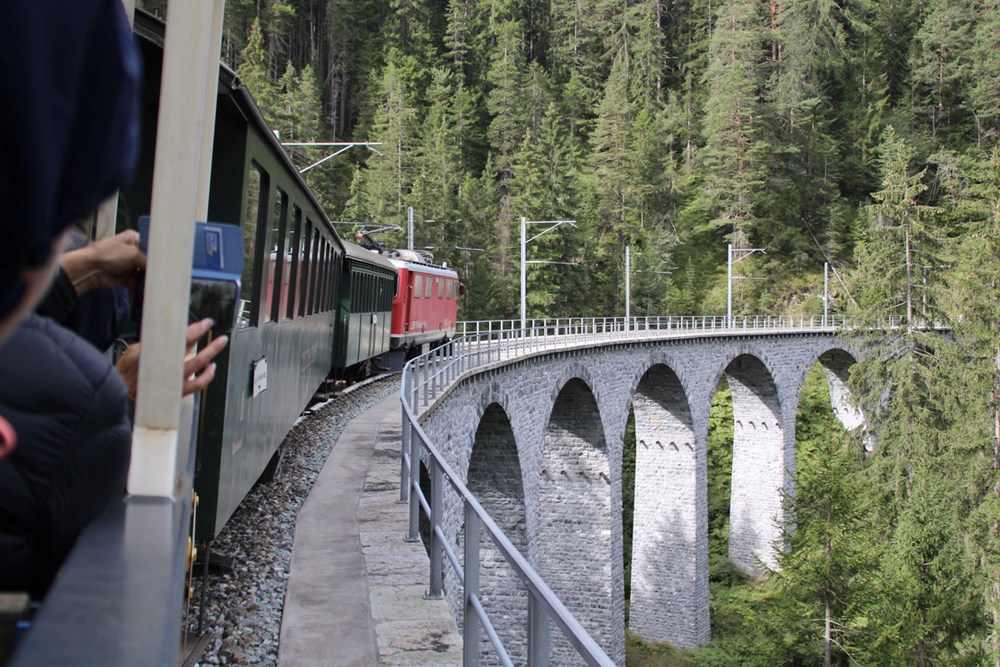
CHARLESTON, W.Va. — It is currently not uncommon for small businesses to be short of workers to cover basic functions. This is true in the tourist rail industry, which was drastically affected by the pandemic, where some railroads are struggling to fill jobs as their season approaches.
According to the U.S. Travel Association, leisure and hospitality jobs still account for more than one-third of all jobs lost and not yet recovered. The sector’s unemployment rate is above 6%, considerably higher than the nation’s 3.9%. The rise in jobs for travel season will improve employment in the months ahead, but tourist railroads need a career-oriented workforce, as well as more workers.
Roger Fuehring, president of the Railroad Passenger Car Alliance, says the industry is dealing with a change in workforce behavior.
“We need to create buzz and interest as we compete with the shiny objects of this generation,” Fuehring says, noting the appeal of the internet, technology, and remote jobs to the workforce’s youngest members.
“We have a lot more challenges with our industry being more hands-on, with several needs that require physical and sometimes, dirty work. Opportunities within this industry are endless if someone wants to put in the hard work and learn. In some cases, a lost trade could be saved.”
Tim Andrews, president of the Tennessee Valley Railroad Museum, says the Chattanooga railroad has been fortunate to maintain most of its workforce, with the exception of welders and fabricators, a competitive craft in high demand in other industries.
“A bigger issue is wage inflation rates, particularly in those with skills in welding and other ‘craft’ positions,” Andrews says. “The rapidly rising cost of health insurance is also worrisome, with at least some of that increase being fueled by coronavirus hospitalizations.”
Ray Kammer Jr., president of both the Cincinnati Railway Company and the Lebanon Mason Monroe Railroad, sees workforce challenges as a generational shift: “It seems that most younger, part-time seasonal staff have no desire to stay at one job for any length of time.”
Roy Wullich, an accountant and director of the Railroad Passenger Car Alliance, says finding volunteers is challenging even without economic issues.
“Many groups have always been bare bones,” he says, relying heavily on volunteer-based or minimum-wage based workers.
“[Tourist railroads] will now need to step up and possibly raise ticket prices to support higher wages needed to attract the employees they need — both on a hospitality side as well as mechanical shop forces and staff. Along with this, the public, in many cases, sets a higher expectation than in the past.”
“There is no ‘one size fits all’ to getting and retaining good employees,” Andrews says. “Competitive wages and benefits and a sense that work is driving ongoing improvements to the organization all help to keep employees interested and motivated,” he says, noting that non-profit groups may have an inherent advantage because of its mission values.
When asked what can be done to influence behavior and attempt to attract a new generation of preservationists, Fuehring’s advice is clear: “Live and work with enthusiasm for our craft. We have an amazing story that can be lived out in ways that only children dream about. We get to live it every day. Sell the dream. We need inspiration before the perspiration will follow.”













Most “tourist” railroads are in fact expensive hobbies for a select few who have the time and in some cases money (most don’t have enough).
If you had a personal hobby and someone wanted to come in and “help”, would you readily accept them? Not likely.
Paid? Ha! Most of these tourist operations can barely keep their rolling stock classified as “running” let alone pay someone!
I once made several inquiries to donate several hundred railroad tshirts to a famous rail museum gift shop. They could sell them at any price they wanted and they were all fallen flags or historical in nature. It was a sort of “active donation” for fundraising through the gift shop. No strings attached. Did they call back? Nope. Tried a few more times, no response. Last try, so and so will get back to you. Did they? nope.
He was too busy wrenching on some forlorn steam engine out in the shed that wouldn’t even run in time for the upcoming tourist season. Didn’t have time to deal with something as stupid as the gift shop, he only had 5 years to get that steam engine going and couldn’t waste a day!
I think Mr. Fegely has a key thought. The whole regional airline industry exists as a training ground for the legacies. They get five to seven years of an employee, while the employees get additional multi-engine hours and experience. Some employees end up prioritizing quality of life and stay at the regional’s rejecting the years of vagabond life bouncing between crew bases until they can score the glamour of first officer on a wide-body. The “deal” is that the legacies will offer priority hiring for their commuter partners, the flow in airline hiring terms. So maybe the railroads should investigate funding the training, perhaps partnering with a local community college, turning high-school grads into qualified electricians, welders, and train-crew. I will bet the reduction in near-term new employee losses will more than offset the cost. And like with the with the regional airlines some employees may stay for quality of life reasons.
I have to agree with Mr Furhring they have to create buzz and interest to compete with the shiny objects of this generation. I know a lot of young people (early teens to late twenties) that no way do they want to get there hands dirty or put down there cell phones. Every one seems to want to start at the top. There’s a lot of good trades out there that pay very well. I am not saying that working at a tourist line is a life time job (but could be) but could be a good place to start to learn a trade like welder or pipe fitter these can be very high paying jobs.
Love all the broad-brush quotes about what interests ‘this generation’ and how young people don’t want to stay at part time jobs.
Paid (or volunteer) positions with heritage/tourist railroad is really a labor of love. I assume total compensation will never compete against normal market rates. Therefore you either need to roll with it or figure out where you can offer something that makes accepting less worthwhile.
Not just raising wages but accepting volunteers that may want to go for a wage later. 40 years ago a buddy and me were at a railroad museum (won’t mention name) and we inquired about volunteering, it wasn’t just on a whim. We were shuffled to a few different people over the next 30 minutes or so for someone to say thanks but no thanks we have enough people. Left a bad taste in our mouth that neither one of us wanted to try again. Yet we continued to go out there paying entry fees and donating money too. Later bringing our families too until we both moved out of the area. If they want long term employees grab them when they’re young and just wish to volunteer a few times a month then offer them jobs. Even if it’s just grounds keeping advertise in the local schools for summer help. I know many museums over the years have changed drastically yet some are still a closed group and that could be their final chapter.
Mark I had the same “warm” welcome at a railroad museum several years ago when I inquired about joining and volunteering. They were ok with me joining but never could get them to accept any volunteer help. Finally just gave up.